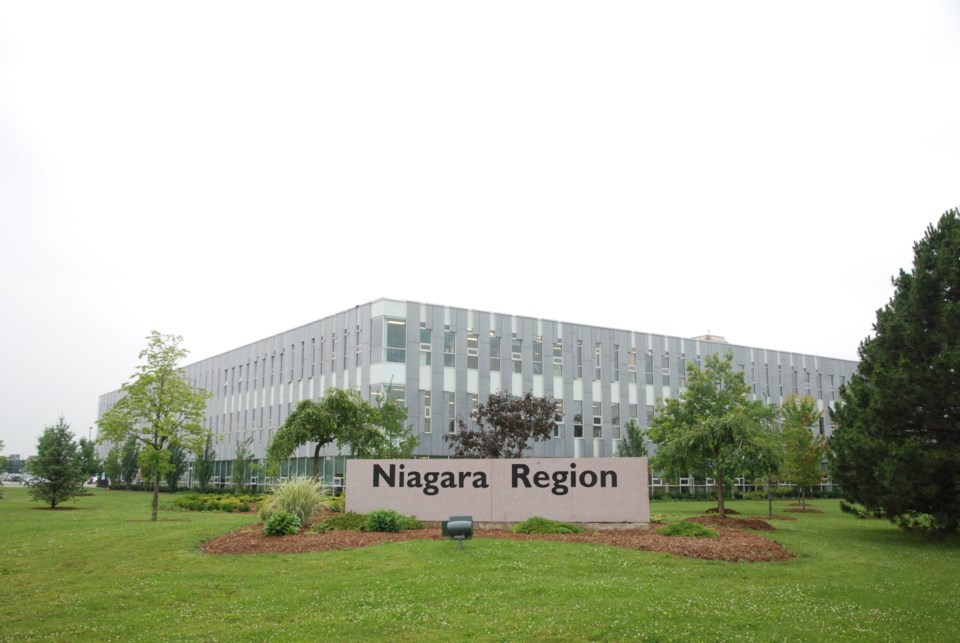When it comes to how Niagara is governed, Pelham Mayor Marvin Junkin says amalgamation isn’t the answer.
“I (look) at amalgamations that have taken place either in Ottawa or closer to home like in Hamilton. When you look at these amalgamations that have taken place, the outer boroughs, or municipalities, lost their voice,” the Mayor said.

“With Pelham having two percent of the Region’s population, I’m afraid that if we were to amalgamate, especially into one big city, our voice would be locked into the urban control of the three bigger municipalities and perhaps we would not be getting the representation that we enjoy right now.”
A Ministry of Municipal Affairs and Housing standing committee is overseeing a study on regional government, and Niagara’s politicians, organizations, and individuals will get the chance to share their views on how the Region should be governed, and whether its 12 communities should amalgamate.
Members of the Standing Committee on Heritage, Infrastructure, and Cultural Policy have planned to hold a public hearing tomorrow, Wednesday, Jan. 10, at the Holiday Inn and Suites on Ontario Street in St. Catharines between 10 a.m. until noon, and again from 1 p.m. to 6 p.m.
Junkin said he is among the 21 individuals or organizations that have registered to give a presentation during the hearing. He said he plans to speak about ways Niagara’s municipalities could work together to provide effective cost savings, and he gave the example of the Lincoln Pelham Public Library.
“It’s a fine example where two communities are working together and increasing the services of both libraries. We’re getting a lot more services to our residents by being one,” he said.
Junkin said Pelham shares expenses with Wainfleet for a municipal lawyer, and there are plans in place to share the cost of an environmental consultant with Lincoln as well.
Other public hearings that will look at regional governance have also been planned and will take place in Burlington (Jan. 11), Brampton (Jan. 12), Ajax (Jan. 16), Vaughn (Jan. 17), and ending in Kitchener (Jan. 18).
Brock University political science professor emeritus David Siegel will be paying close attention to the conversations that take place during Wednesday’s public hearing.

“I’m going to be listening to the hard evidence that people provide that goes with their opinions on how to improve the situation,” he said.
Siegel said before any decisions are made, people need to think about what the problem is, or what they hope to accomplish.
“We should begin discussions by defining what the problem is that we’re trying to solve. What is the problem with the existing (regional) structure that we’re trying to solve, because people tend to come up with solutions first and then figure out what the problem is,” he said.
Siegel has heard many reasons for choosing amalgamation, including cost savings.
“However, there’s been a large number of amalgamations in Canada, and in Australia and Europe and so forth [yet] I am not aware of any of those amalgamations that have ever saved a significant amount of money,” he said. “The same amount of work needs to be done, you’re still going to have to have the same number of people maintaining roads, running recreational programs and social services like that.”
Siegel said municipalities should be communicating with each other on how to work together, and some are already doing that.
“That was a really good initiative Pelham and Lincoln did,” Siegel said about developing a library partnership. “It created a larger library system that has more holdings. That’s a win-win for everybody.”
He gave other examples of collaboration, which include St. Catharines Fire Services providing emergency fire dispatch to many of Niagara’s municipalities.
“Municipalities should watch about the possibility of doing more of those sorts of things in the future. You don’t need amalgamation to make that happen,” Siegel said.
